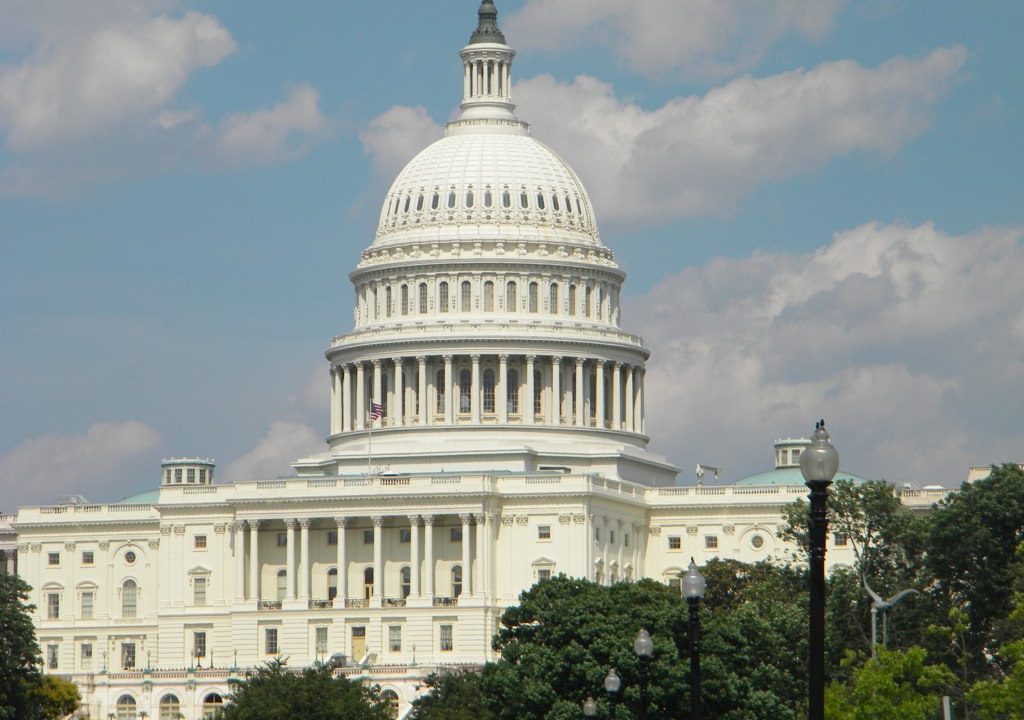
Government Takeovers are not the Answer to Broadband Affordability Issues
By: Noah Vehafric
The House Energy and Commerce Subcommittee on Communications and Technology held a hearing entitled “Broadband Equity: Addressing Disparities in Access and Affordability.” Unfortunately, many of the solutions proposed in this hearing want to take the least affordable approach to closing the digital divide.
Currently – many low-income Americans receive broadband through a subsidy administered by the FCC or by participating in low-cost access programs offered by various companies; such as Comcast’s “Internet Essential’s” plan or Frontier’s “Fundamental Internet” Plan. However, many Democrats on the Committee and their witnesses argued for two policies that would attempt to fix this situation: municipal broadband and rate regulation.
One witness said “municipal broadband is already working.” This is not true. As we have explained here before at Digital Liberty, the presence of municipal broadband networks has no effect on the rate of broadband adoption. What municipal broadband does do is actually crowd out private investment, potentially leading a decrease in broadband expansion in communities. This is because municipal broadband networks can charge below-market rates since they received subsidies on the back-end through taxes. Municipal broadband does not work. It’s just an easy way to dump billions of taxpayer dollars. This was tried and failed with the 2009 Broadband Technologies Opportunities Program (BTOP).
The other suggestion: regulating rates – would do little to increase access to broadband. As witness George Ford, Ph.D. of the Phoenix Center explained:
regulating rates to help the last 10% would come at a cost to the other 90%. Regulating rates would remove any incentive to deploy more infrastructure and upgrade their networks.
Additionally, Ranking Member of the Full Committee Cathy McMorris Rodgers pointed out that Obama FCC Chief Tom Wheeler explicitly declined to do rate regulation, yet since then, prices have decreased while speeds have increased
In 2015 @TomWheelerFCC explicitly declined to do rate regulation of #broadband, since then prices have fallen and speeds have increased @cathymcmorris #SubCommTech
Instead of taking a heavy handed government approach to broadband – which harms consumers in places like Europe, there are many options available to close the digital divide. We should follow a technology neutral approach to broadband. Instead of Biden’s fiber-only diet. We should reject the failed model of government-run networks, and we need to enact meaningful reform to the Lifeline program so that consumers who need can benefit from it.
Fortunately, there is some common ground – witnesses and members on both sides agree that funding for broadband is largely being wasted because we don’t know where it should be targeted. As the FCC works to ensure that the updated (and more accurate) maps are completed by this fall, hopefully any sort of relief can be used most efficiently.
You can watch a recording of the hearing HERE